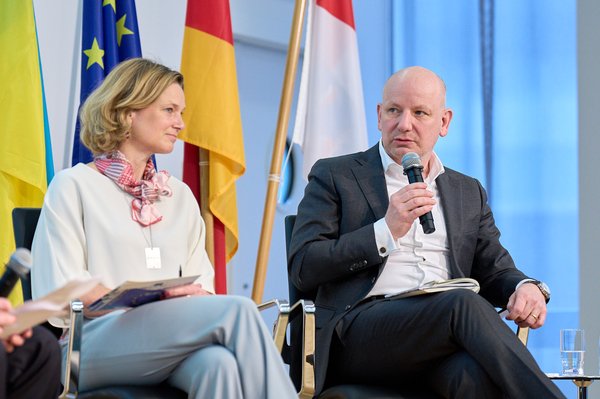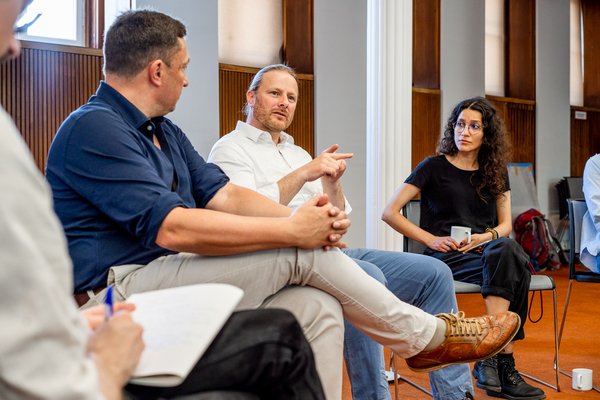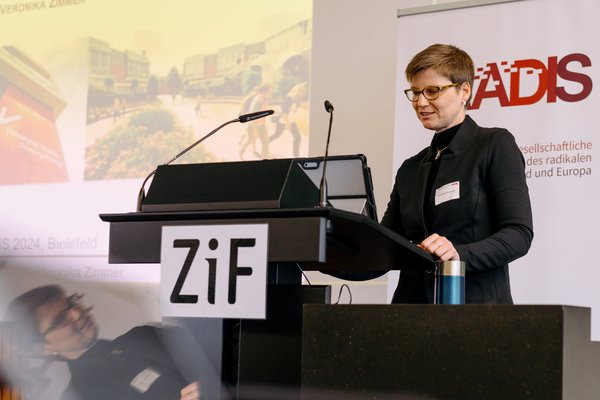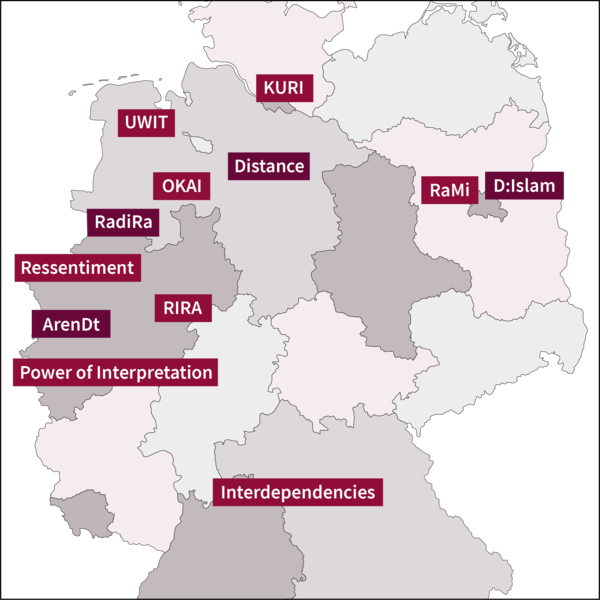Within the Federal Ministry of Education and Research (BMBF) funding program "Societal Causes and Effects of Radical Islam in Germany and Europe", twelve projects are conducting research on the many facets of the phenomenon of radical Islam: What are the reasons for the increase in Islamist tendencies in the German-speaking and European areas? How do Islamist movements affect specific social groups or society as a whole? And what are the implications of these findings for the work of prevention practitioners, politicians and administrators, civil society, security authorities, and the media? Researchers from many different disciplines are investigating these and other questions from a wide variety of theoretical and methodological perspectives in the period from 2020 to 2025.
This website pools the activities and results of the individual research projects. In addition, it provides cross-project findings generated by networking and dialog-based collaboration within the RADIS knowledge transfer project.

Insights into the Crisis Talk "The ageless scourge of antisemitism and the protection of Jewish life in Europe – What can we do?" on March 5, 2024 at the Hessian State Representation in Brussels.

Being the core of RADIS, the clusters enable researchers to engage in discussion beyond their own individual projects and teams, to learn from each other, and to establish new collaborations. At the same time, these working groups represent important research threads of the research program.
Film "Project Ressentiment" | Duration 1"52' | Production Ute Seitz // Shaimaa Abdellah | PRIF 2024
Film "Project Deutungsmacht" | Duration 1"40' | Realisation Shaimaa Abdellah // Ute Seitz | PRIF 2023

The report and further impressions of our Interdisciplinary Symposium 2024 on February 22 & 23, 2024 at ZIF Bielefeld.
